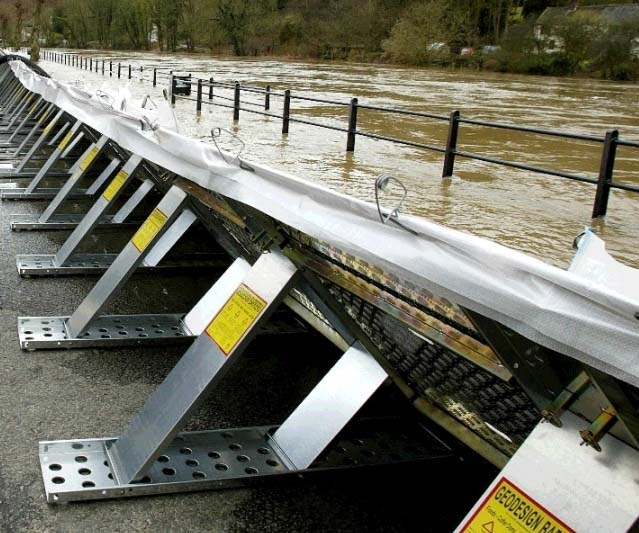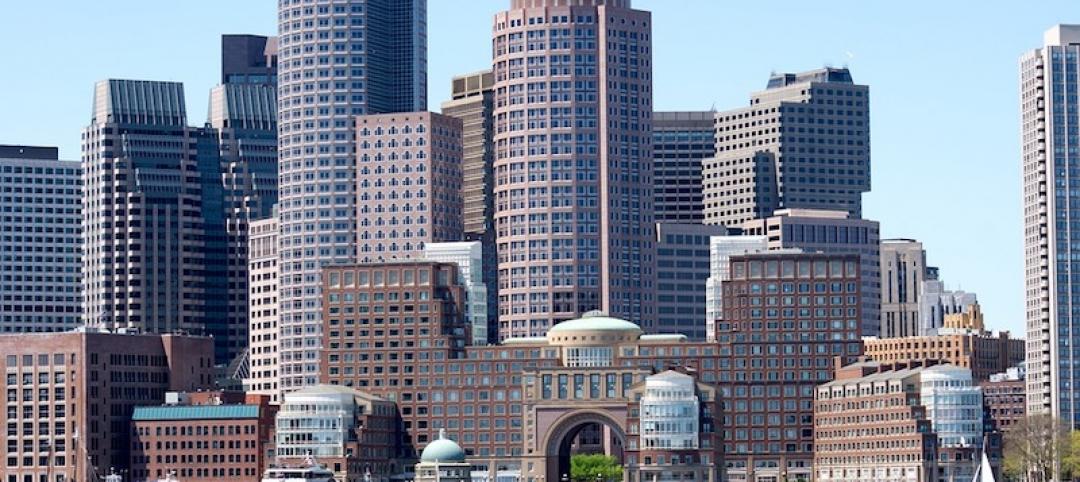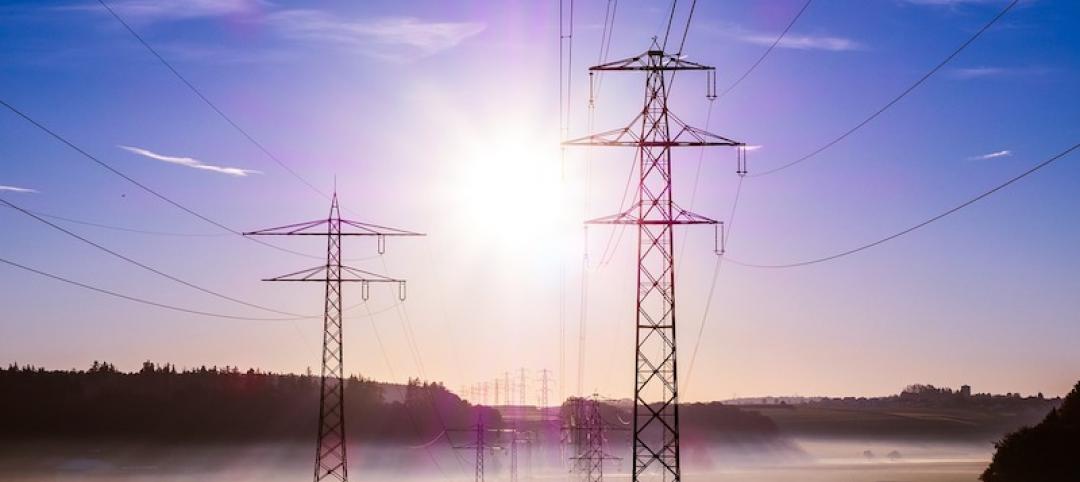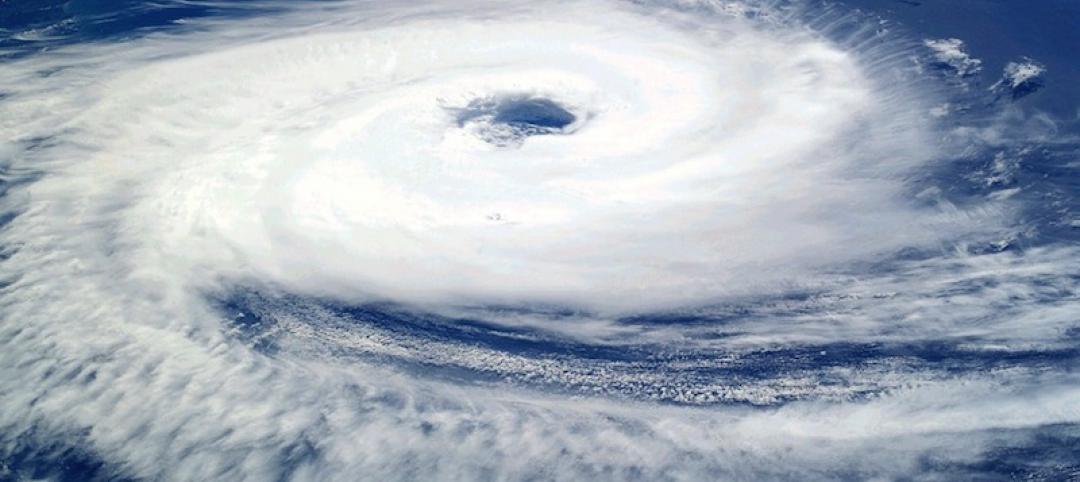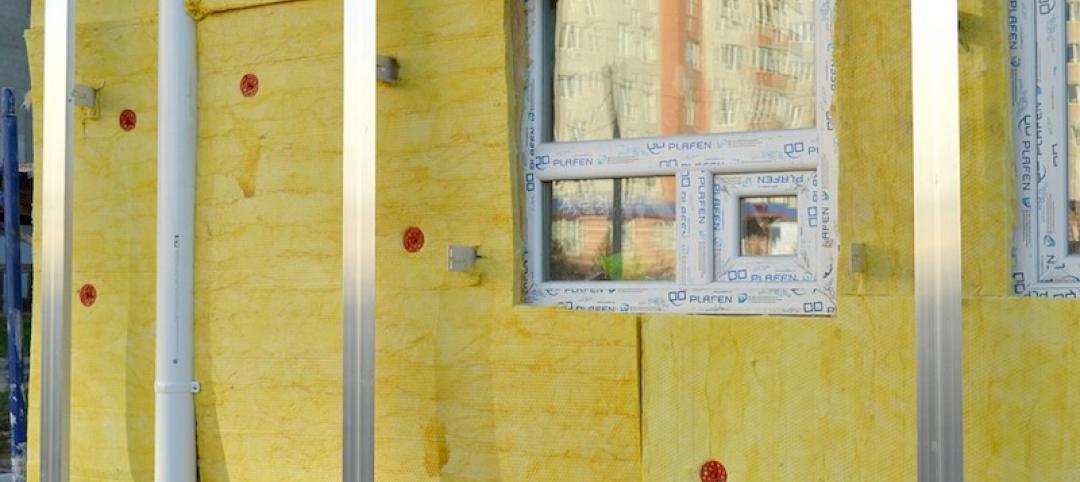Sea levels around Boston could rise as much as 7.5 feet by 2100, according to climate scientists. As a result, the city is at risk of significant flooding during high tides and normal rainfall let alone big storms.
The Urban Land Institute held brainstorming sessions over the last several months involving more than 70 engineers, architects, and development and insurance specialists to examine how rising sea levels would affect four representative areas in and around Boston. The group concluded that the area should consider building canals to absorb and divert water and higher sea walls for flood protection. It also called on called on municipalities to discuss ways to raise money for preparing vulnerable areas and to alter building and zoning rules to take the likelihood of flooding into account.
“We’re not going to start digging the canals tomorrow,” Brian Swett, Boston’s chief of energy, environment, and open space, told the Boston Globe. “But the report makes the important point that you can’t solve 6 feet of sea level rise simply by building a bigger dam on the Charles River.”
In the low-lying Alewife section of Cambridge, new residences might have to be concentrated into taller buildings with more space between them to make room for water infiltration. The report also suggested that retail shops be concentrated into a raised corridor to keep them above flood waters.
Related Stories
Codes and Standards | Oct 12, 2018
Boston ‘housing emergency’ prompts regional initiative for new residential construction
Mayors of 15 cities set goal of 185,000 new homes by 2030.
Codes and Standards | Oct 11, 2018
On-site staff key to energy benchmarking project for property management company
Manager training, data sharing are critical to meeting 20% utility cost reduction goal.
Codes and Standards | Oct 10, 2018
Interactive heat maps track temperature ranges in U.S. cities
Urban heat island effect can vary by as much as 37°F in the same city.
Codes and Standards | Oct 9, 2018
Power systems will become more decentralized for better disaster resiliency
Businesses, homeowners will control more power-generation capacity.
Codes and Standards | Oct 5, 2018
Getting commitments from key subs critical on government contracts
Withdrawn subcontractor bids can be costly.
Codes and Standards | Oct 4, 2018
Internal watchdog says EPA falling short to protect school children from asbestos
Agency not conducting enough inspections, report says.
Codes and Standards | Oct 3, 2018
Climate change impacts could prompt realignment of assets for commercial property developers
Strategies include reducing exposure to properties in flood-prone areas.
Codes and Standards | Oct 2, 2018
Political will, tougher standards needed to reach carbon neutral goal
Stretch codes, more stringent credentials for designers, contractors, and inspectors may be needed.
Codes and Standards | Sep 27, 2018
Natural light is the most prized office perk
Employees crave sunshine and views of the outdoors more than cafeterias, fitness centers, and childcare.
Codes and Standards | Sep 26, 2018
Industry consensus needed for multifamily energy efficiency retrofit approach
Choice of insulating materials can impact indoor air quality, resident health.


